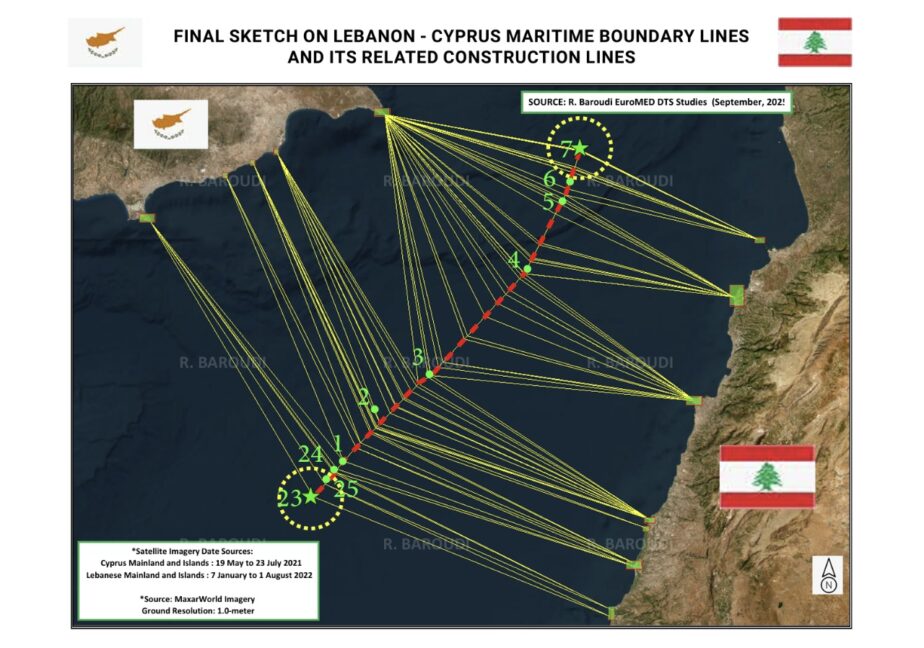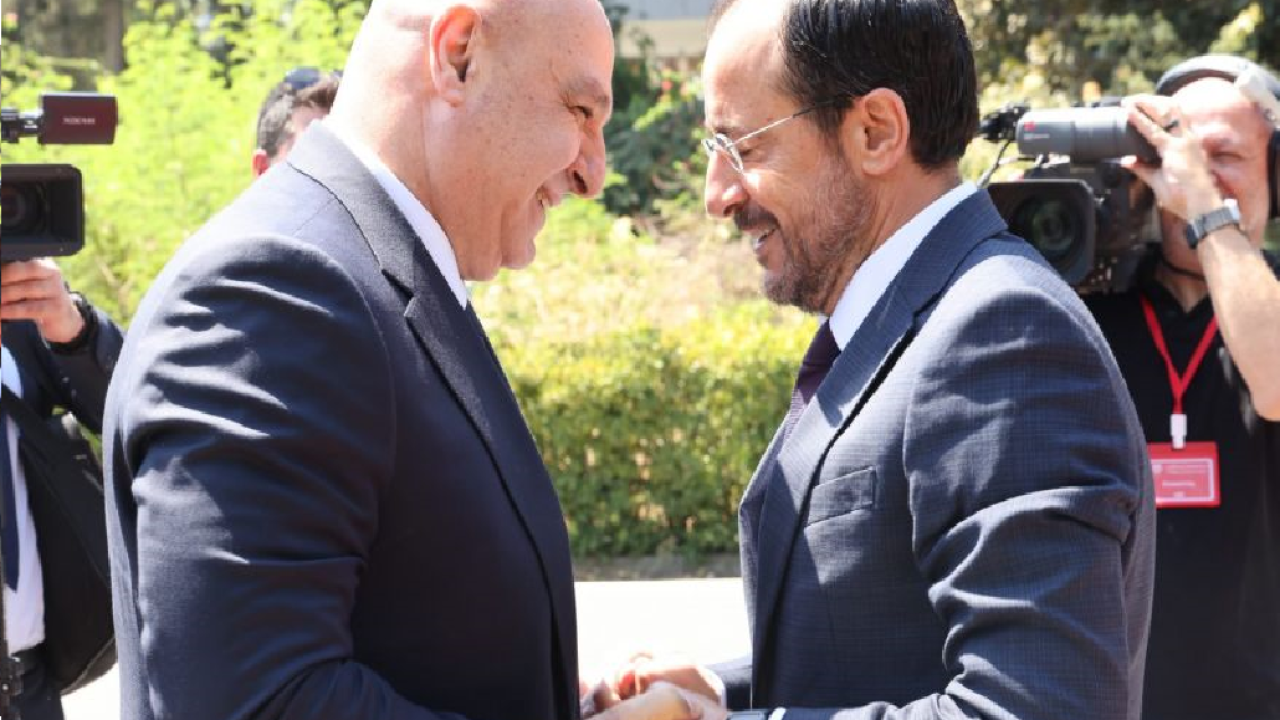Regional energy and policy expert Roudi Baroudi says the Lebanese Council of Ministers’ approval of a maritime boundary agreement with Cyprus is a “historic milestone for both countries” – and “a feather in the cap” for President Joseph Aoun.
“The MBA is a wonderful, necessary, hopeful move,” Baroudi told LebTalks in an exclusive interview, “one that will only bring unprecedented advantages to both countries, not just by defining a basis for more cooperation between the parties, but also by mitigating risks for both of them, and by showing the region and even the world how effective dialogue and diplomacy can be.”
Baroudi, a veteran of the energy business who has worked on everything from pipelines to policies for almost half a century, credited President Aoun for having pushed to resume the maritime negotiations with Cyprus, which had been in limbo for most of the time since 2007.

“This step caps a process that was unnecessarily delayed for almost two decades, but that only makes this achievement more gratifying,” he said. “Prime Minister Nawaf Salam and his team have done their part by getting behind the deal, but it was really Aoun who got the ball rolling from the Lebanese side, so for him it’s a real feather in the cap. The same goes for Cypriot President Nikos Christodoulides. This is a historic milestone for both countries.”
Asked why the treaty was so important, Baroudi, who has authored numerous books and other studies on sea borders in the Mediterranean, referred to several factors.
“Having settled maritime boundaries is crucial right now because of the opportunities it opens up,” he explained. “The agreement makes Lebanon much more attractive to the major international partners it needs to develop its nascent offshore oil and gas sector. If and when that sector reaches even a small fraction of its potential, the benefits should flow to virtually every corner of the Lebanese economy, so everyone in the country should really celebrate this. And all of the above also applies to Cyprus.”
Baroudi also congratulated the government for another decision taken at the same meeting.
“As if to punctuate the moment, the Council of Ministers also awarded the rights to a key offshore area, Block 8, to a highly capable and highly reputable international consortium consisting of France’s TotalEnergies, Italy’s ENI, and Qatar’s QatarEnergy,” he said. “Together, these moves help to pave the road toward a future in which Lebanon becomes an energy producer and exporter, providing unprecedented momentum to an economy that desperately needs it. These are both major accomplishments.”
He also cautioned, however, that much work remains to be done.
“The important part now is the follow-up. For instance, the government still needs to implement a long list of reforms, invest in capacity building, and retain competent personnel and managers to steward and safeguard the country’s offshore resources,” Baroudi told LebTalks. “In addition, while Lebanon now has boundary arrangements in place with both Israel and Cyprus, and those two countries have their own bilateral MBA, some of the coordinates still require adjustment by negotiating a new trijunction point where all three zones – Lebanese, Cypriot, and Israeli – come together. And of course, we need to reach an MBA deal with Syria, then establish another trijunction on that side, and the new government there gives reason for optimism.”
“There is so much to be done,” added, “but so much more to be claimed by doing it! Getting the MBA with Cyprus finalized was at the top of the list, and resolving Block 8 was not far down, so the government deserves congratulations for both.”
Baroudi said Beirut also would need to do its homework on how best to nurture the country’s offshore energy business.
“I therefore take this opportunity to propose that the Lebanese government immediately invite its Cypriot counterpart to negotiate another crucial deal: a joint development agreement, or JDA, which would govern the sharing of any oil and/or gas resources which straddle their border at sea,” he said. “This is a crucial enabling step. Setting up a JDA now would not only prevent possible delays in the future – it also would make both countries’ offshore energy sectors even more attractive to investors.
“These are the kinds of doors we can walk through now BECAUSE of the MBA,” he enthused. “So again, we all owe our thanks and our congratulations to Aoun – and to Christodoulides – for having had the wisdom to seek this deal, and the courage to persevere until the end.”
“I also wish Godspeed to Christodoulides and his government on their upcoming six-month presidency of the European Union,” Baroudi added. “He and his team have made it clear that they fully intend to make the most of their time in the driver’s seat by building up Cyprus’ natural role as a pivot for dialogue and diplomacy between the EU and its neighbors. Both the EU and the entire Euro-Med area stand to reap enormous benefits in terms of greater stability, more trade, and other forms of cooperation – on fisheries, environment, tourism, transport, and much, much more – and, hopefully, a more peaceful region for all who call it home”.


